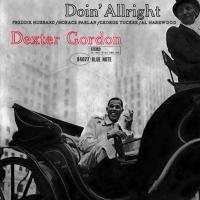Album Reviews
Sort By: Post DateTitle Publish Date
|
Jun 01, 2006
|
Apr 07, 2023
|
Nov 18, 2013
|
Feb 02, 2015
|
Aug 14, 2019
|
May 25, 2019
|
May 01, 2008
|
Dec 01, 2010
|
Dec 21, 2016
|
Oct 01, 2007
|
Dec 16, 2019















